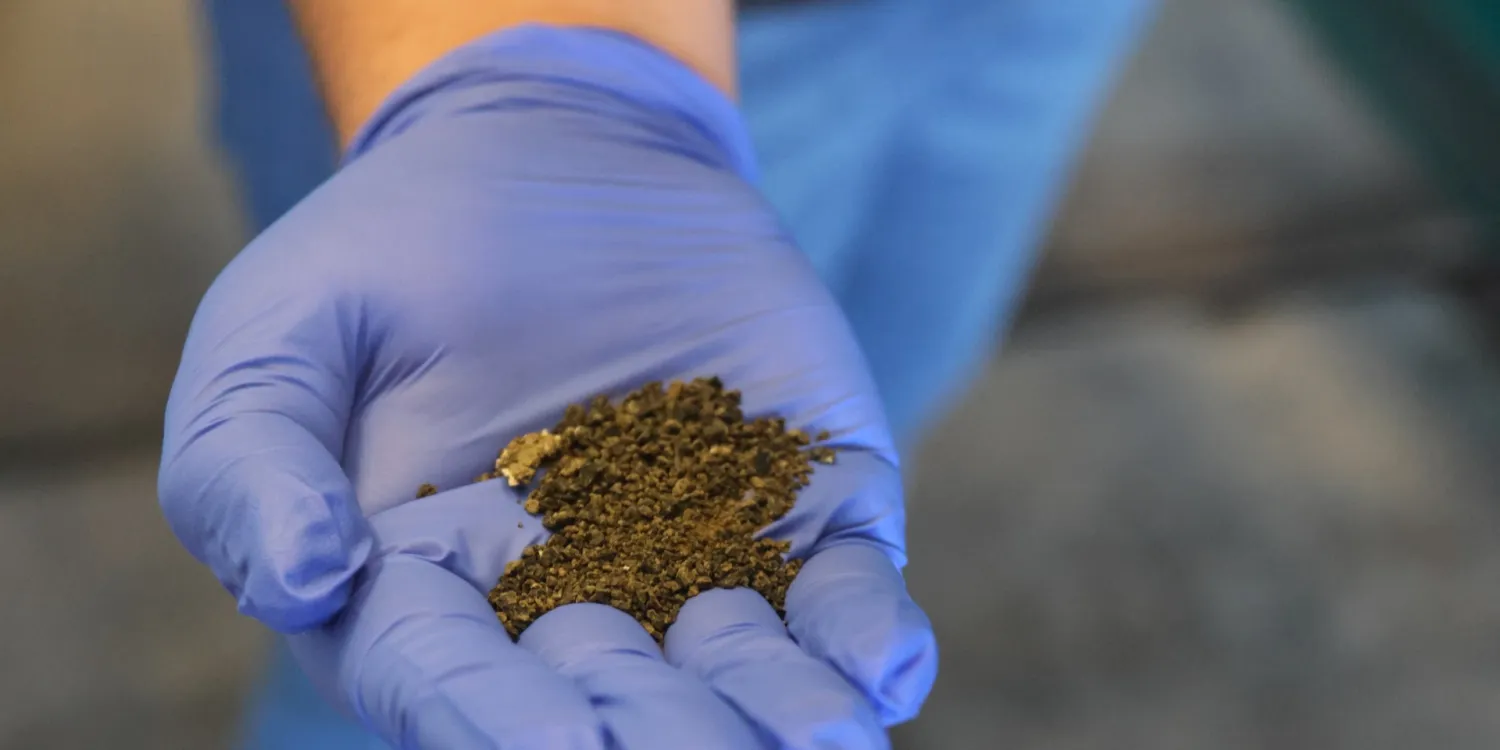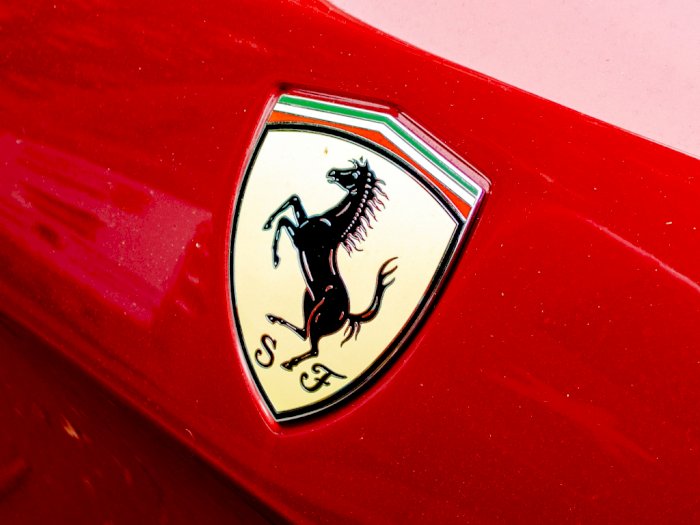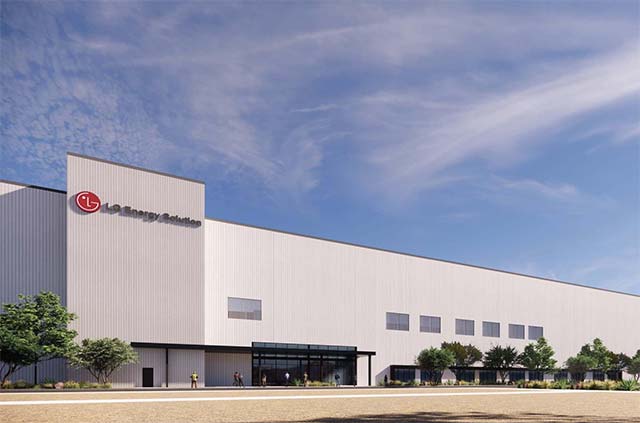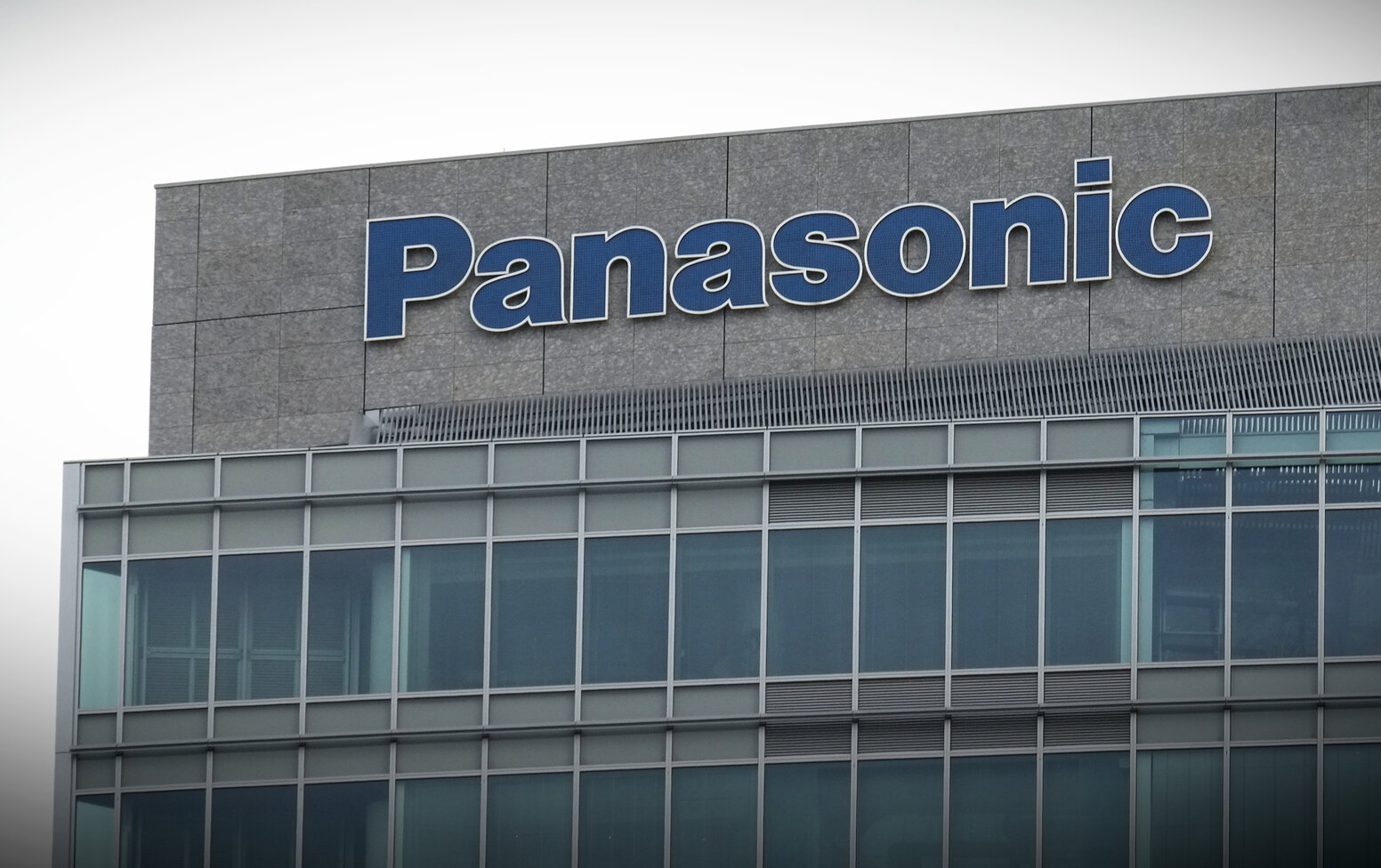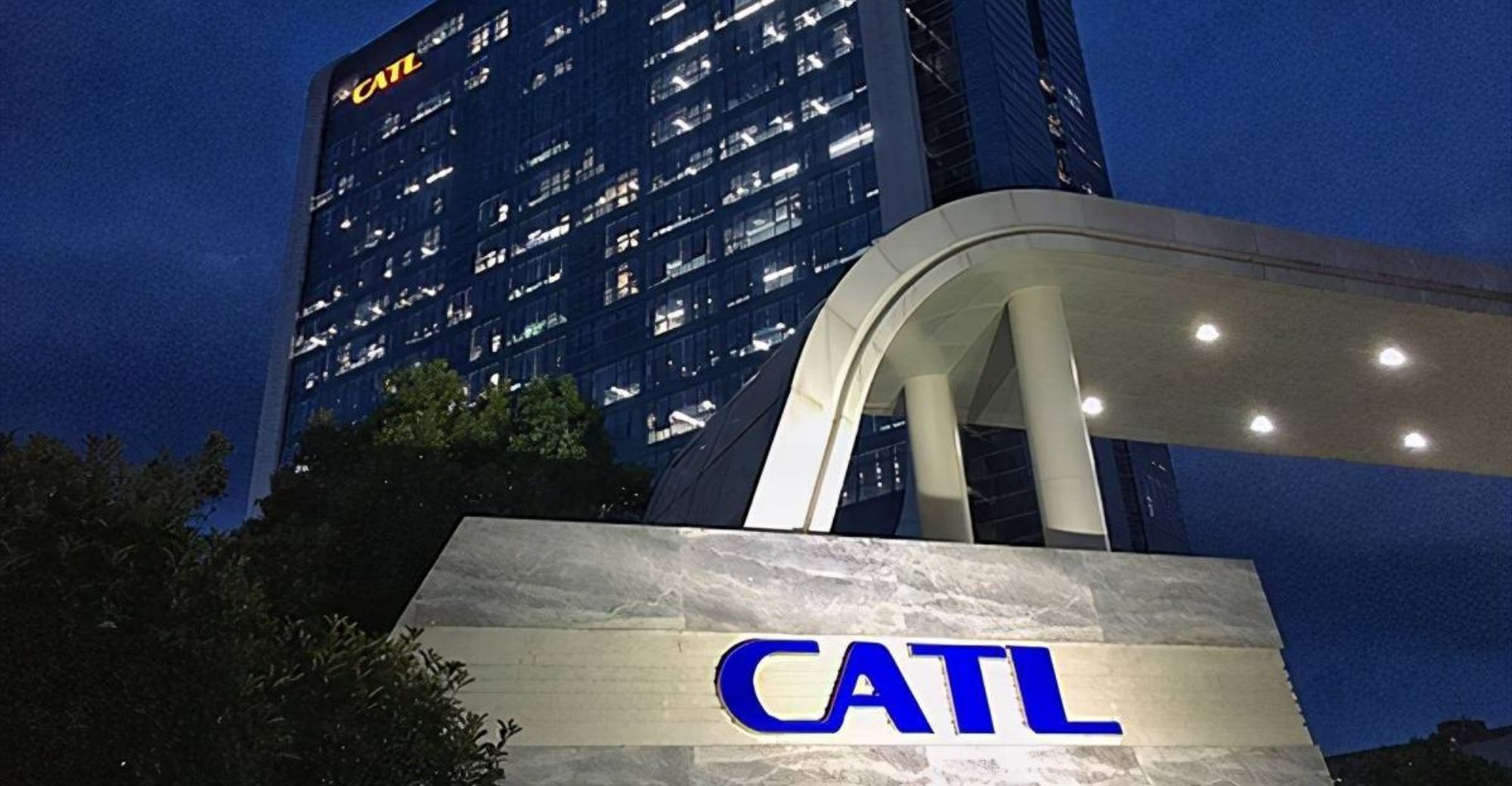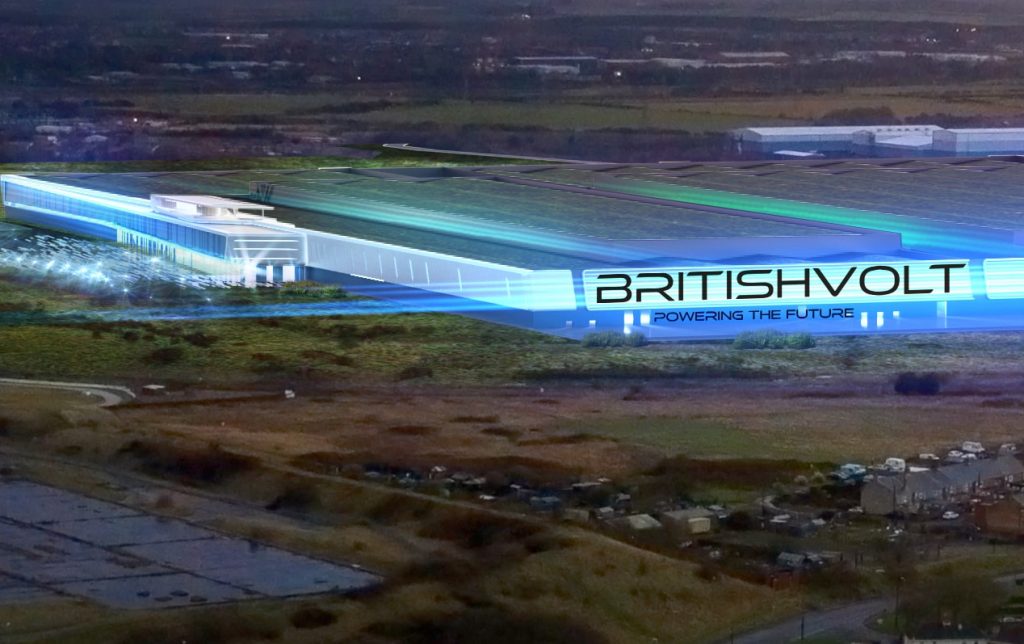Green Li-ion has inaugurated a pioneering commercial-scale plant in Atoka, Oklahoma, designed to process unsorted battery waste, commonly known as “black mass,” from used lithium-ion batteries. The plant represents a significant step forward in sustainable battery recycling, producing battery-grade cathode precursor, lithium, and anode materials all under one roof.
The conventional process for recycling spent lithium-ion batteries in North America involves sorting the batteries before shredding, processing them into black mass, and further refining them into sulfates. This material is then typically exported overseas, primarily to China and South Korea, for additional processing.
Green Li-ion’s patented technology employs an innovative hydrometallurgical approach that closes the recycling loop by directly converting recycling scrap into battery-grade precursor cathode active material (pCAM), eliminating the need for export. This process significantly reduces production time, yielding pCAM in approximately 12 hours, while emitting up to 90% fewer greenhouse gas emissions than traditional methods.
The Atoka plant is the first of its kind in North America capable of processing unsorted black mass of various Li-ion battery chemistries into pCAM at a commercial scale, ensuring 99% purity. The facility is expected to produce 2 metric tons of pCAM at battery grade daily, equivalent to 72,000 smartphone batteries, with plans to quadruple this capacity within the next year.
Stephen Hayward, vice president of operations at Green Li-ion, highlighted the impact of the plant and the favorable business environment in Oklahoma, stating:
“The Inflation Reduction Act and business-friendly policies in Oklahoma have spurred innovation, and the state is proving to be the center of the re-growing manufacturing industry in the US. We aim to show original equipment manufacturers, diversified industrials with a battery recycling business unit, and pure-play recyclers how working with Green Li-ion technology can help them capitalize on the trend toward electrification.”
With a presence in the US, Singapore, Korea, Germany, and Australia, Green Li-ion’s global operations enable the production of materials that meet the specifications of battery cell producers. By onshoring black mass and battery waste processing with cathode and anode material production, battery manufacturers and recyclers can significantly reduce costs and CO2 emissions associated with their operations and supply chains.

